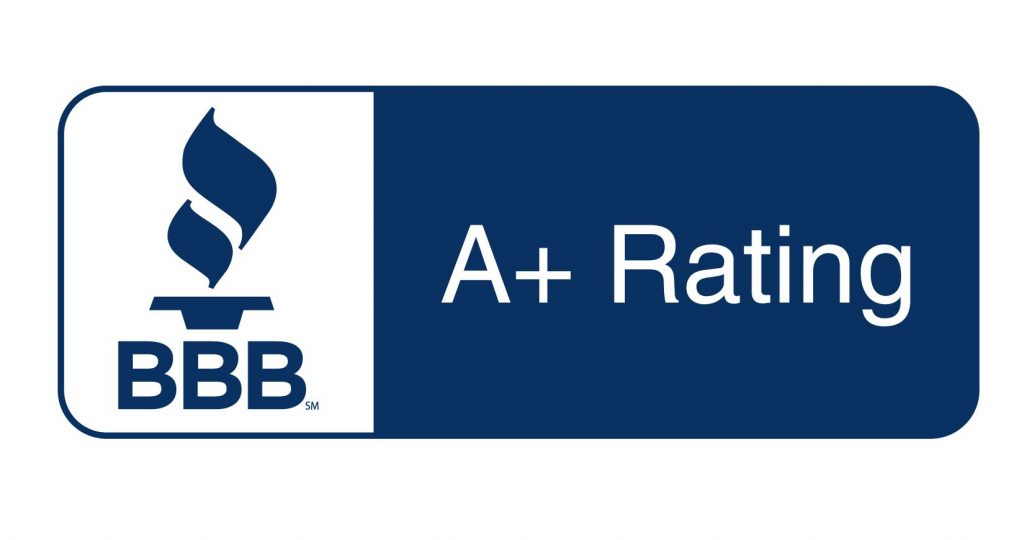Estimating Medicare costs in retirement will help you plan for your future financial needs, yet many find it difficult to estimate these expenses accurately. Given the many parts of Medicare and the complexity of the program, it’s no surprise many people seek help from Carolina Senior Benefits when planning their retirement.
In this post, we’re going to break down the components of Medicare, discuss common costs associated with each part, and provide a step-by-step guide on how to estimate Medicare expenses.
Understanding Medicare
Medicare is the federal program that provides health insurance to people who are 65 and older, as well as younger people with certain medical conditions. Medicare is divided into four parts.
Medicare Part A
Part A is also known as hospital or inpatient insurance. It covers your room and board expenses when you stay at a hospital or skilled nursing care facility. For most people, Part A is premium-free. As long as you or your spouse worked and paid taxes for ten years, you won’t have to pay the Part A premium.
Medicare Part B
Part B is also known as medical or outpatient insurance. It helps cover services like visits to your doctor, lab tests, surgeries, durable medical equipment, and preventive care. Unlike Part A, Part B does have a standard monthly premium that applies to all beneficiaries.
Medicare Part C
Part C is also known as Medicare Advantage. It’s an alternative to getting your benefits through the federal program. Instead, if you choose Part C, your health insurance will be provided by a private insurance carrier of your choosing. Part C plans include all the benefits from Parts A and B, along with some additional benefits.
Part D is prescription drug coverage. It’s optional (although you’ll be penalized for not having it) and has its own costs depending on the plan you choose. You can purchase a stand-alone Part D plan or may have it included in your Part C plan.
Each of these options has its own cost considerations. In addition to monthly premiums, you’ll need to think about deductibles, copayments, and coinsurance costs. Many of these will vary based on the plans you choose, but we’ll spend the next section giving you an idea of what to expect.
Estimating Medicare Costs in Retirement
The cost of Medicare in retirement will be influenced by several factors, including where you live, your income, and your overall health status. It’s important to take these variables into account when estimating potential costs. Let’s go through a step-by-step guide on how to do this.
- Anticipate Your Needs — Begin by evaluating your current health status and medical history. Do you have chronic conditions that require regular doctor’s visits or prescriptions? Also, consider your family’s health history, as this could be an indicator of your future needs.
- Calculate IRMAA — IRMAA is the Income-Related Monthly Adjustment Amount that is added to your Part B and Part D premiums if you earn a higher income. Social Security will look at your income from two years prior to determine if you have to pay IRMAA. For example, your Medicare premiums in 2023 will be based on your 2021 income. IRMAA thresholds often change each year, but if you are planning ahead, looking at IRMAA now will help you estimate your Part B and Part D premiums now.
- Look at Out-of-Pocket Costs — This is probably the trickiest part to estimate since you may have no idea what kind of healthcare you’ll need in the future. But besides premiums, you’ll also have some deductibles, coinsurance, and copayments. For example, the Part B deductible in 2023 is $233. After that, you’re responsible for about 20% of services unless you have an additional plan in place.
- Consider Long-Term Care — This is the most overlooked aspect of retirement costs. Long-term care is expensive – it can cost tens of thousands of dollars per month. Plus, most health insurance plans (including Medicare) do not cover long-term care services. It’s wise to consider a long-term care insurance plan to prevent draining your retirement accounts prematurely.
Strategies for Managing Medicare Costs in Retirement
Understanding and estimating Medicare costs is just the first step. It’s equally important to explore strategies that can help manage these costs effectively. Let’s go through a few strategies you can use during your Medicare journey.
First, consider a Medigap plan. Medigap plans, also known as Medicare Supplement plans, help pay for the out-of-pocket costs leftover from Parts A and B. Think of Medigap as a secondary insurance plan. Depending on which Medigap plan you choose, it can pick up some or all of the remaining costs. These are great options for those who want predictable expenses.
On the other hand, you might want to consider Medicare Advantage. (You can’t have both a Medigap and Medicare Advantage plan.) While Medigap plans are more predictable, they also have higher monthly premiums. Medicare Advantage plans have lower monthly rates but are more risky and unpredictable.
You should also review your Medicare plans every year. Some plans – like Parts C and D – have benefits that can change dramatically from one year to the next. In addition, you’ll see different premiums and cost-sharing amounts. Take the time to review all your plans during the Annual Election Period and make adjustments as needed.
Finally, if you had a Health Savings Account (HSA) during your working years, now is the time to use those funds! You can use an HSA to help pay for out-of-pocket costs and even many over-the-counter health items.
Estimating Medicare costs in retirement can be a complex task, but it doesn’t have to be overwhelming. The key is to plan ahead, stay informed, and adjust your strategy as needed. Doing so can help you enjoy a comfortable and secure retirement.
At Carolina Senior Benefits, we understand that everyone’s situation is unique. That’s why we’re here to provide personalized advice tailored to you. If you have questions about Medicare, don’t hesitate to reach out to our team of experts.





